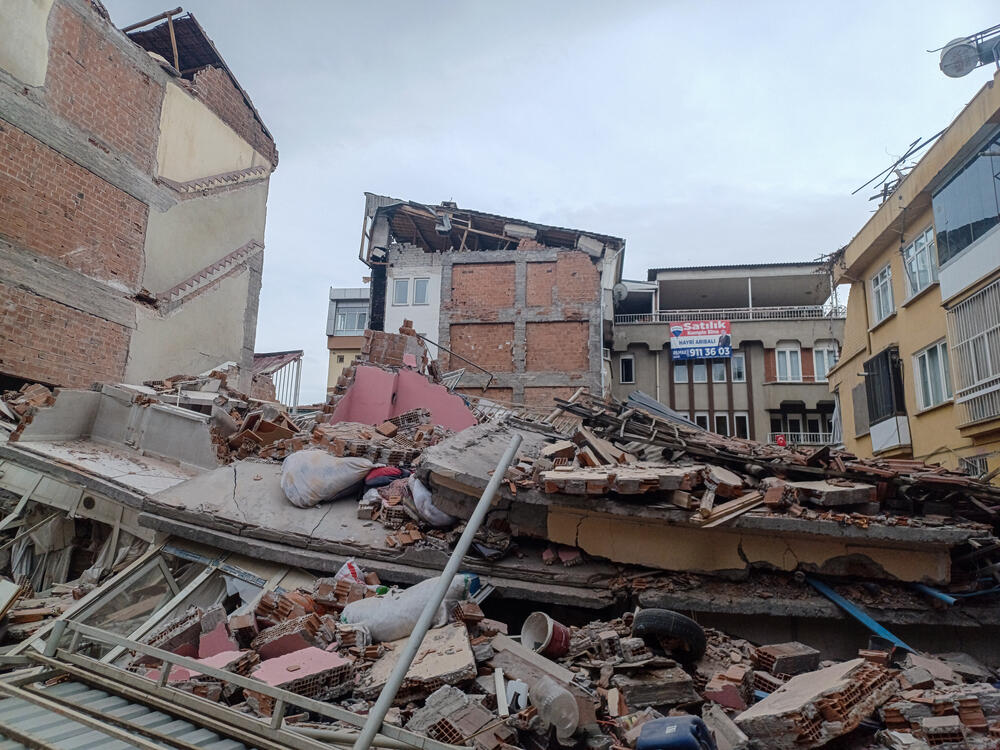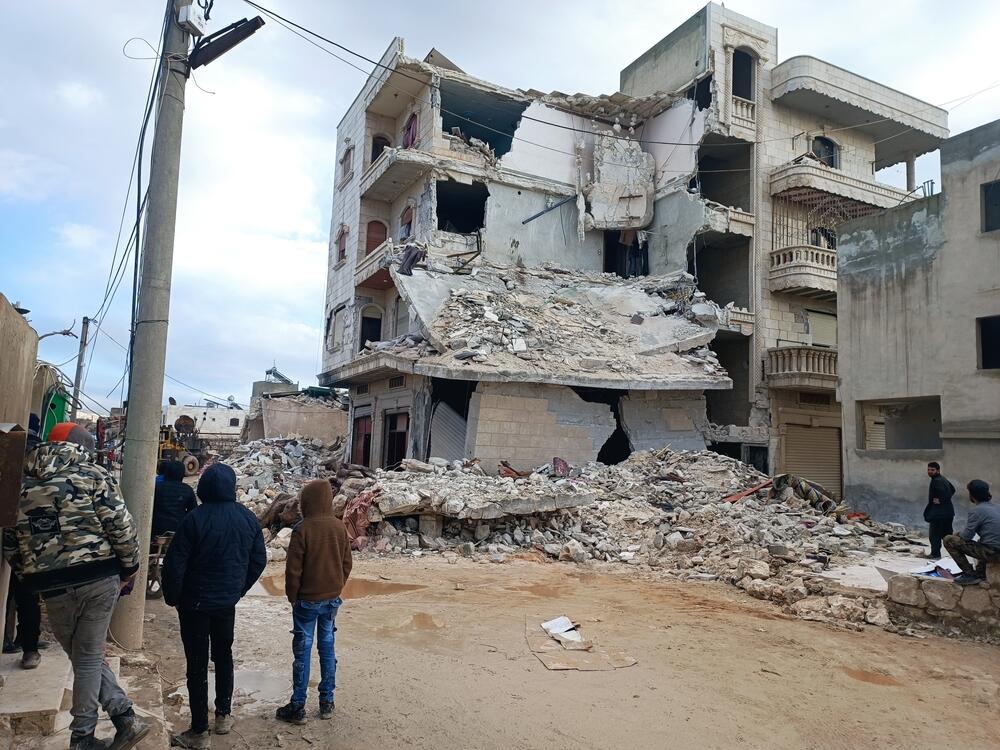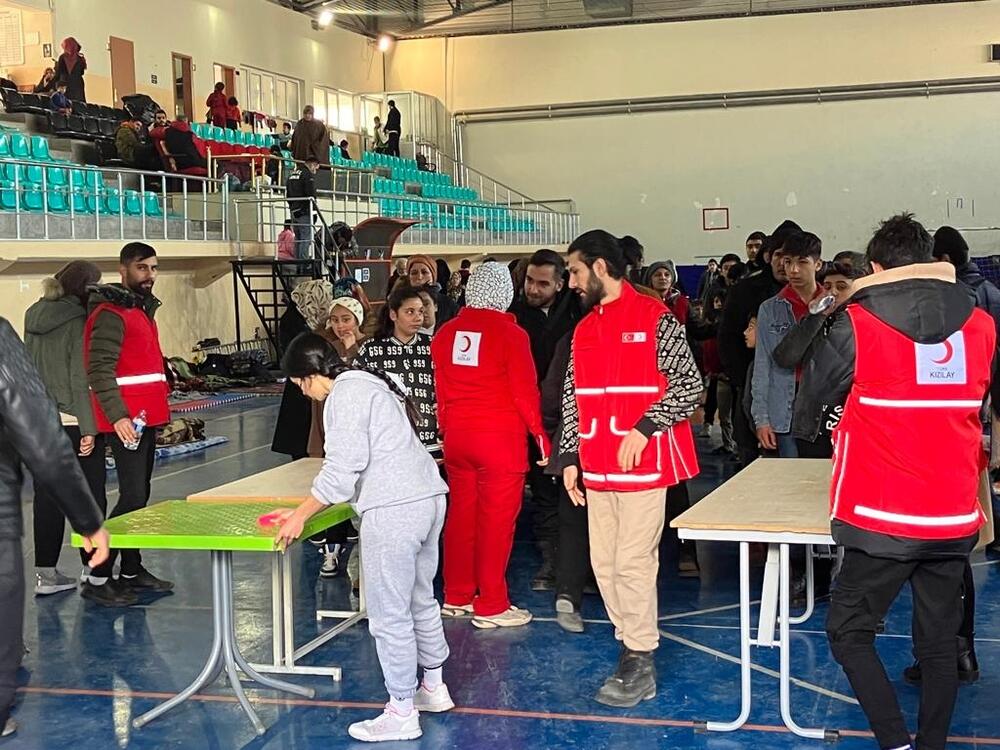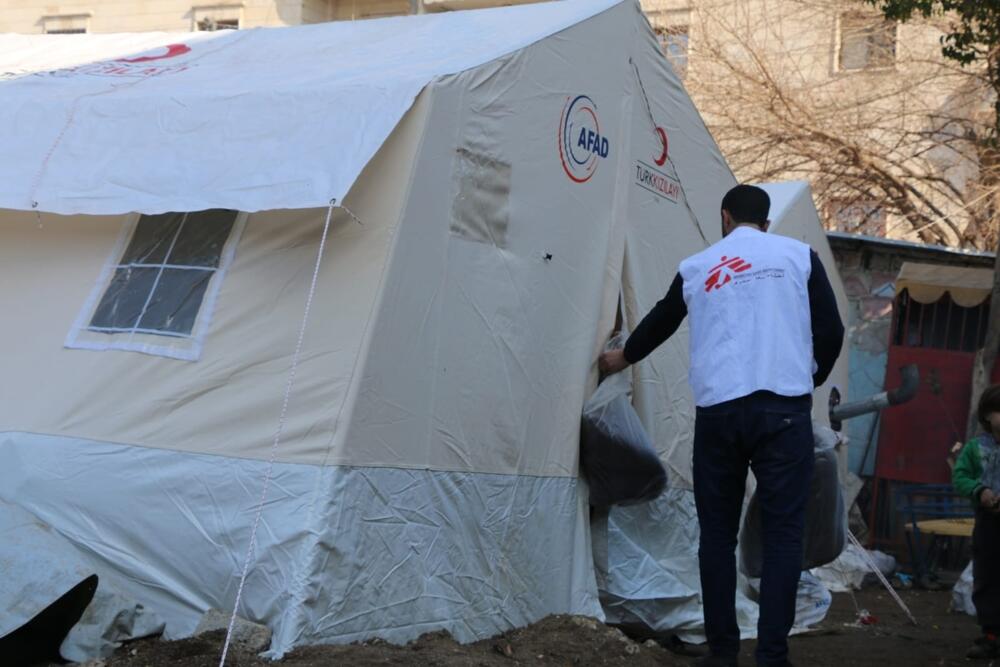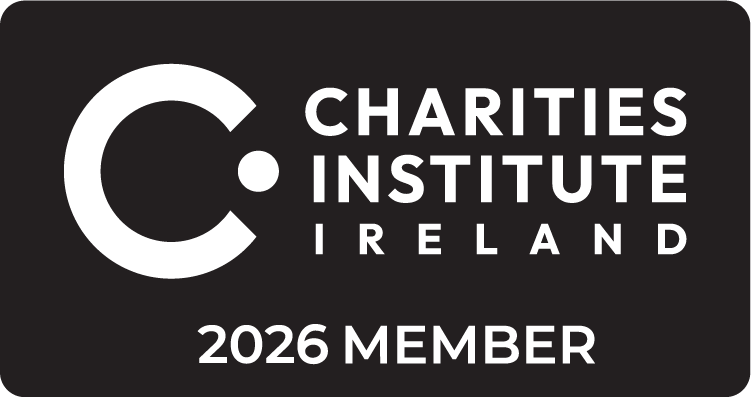Surviving among the rubble: Syria and Türkiye one month on
8 March 2023
On February 6, two massive magnitude 7.8 and 7.6 earthquakes struck southcentral Türkiye and northwest of neighbouring Syria. After the initial earthquakes, the same regions have registered hundreds of aftershocks, adding to the death toll, material damages and the trauma of the survivors. One month after the first earthquakes, the search and rescue phase is over. However, while the dust has settled, among the rubble, the needs remain acute. Ahmed Rahmo is an MSF project coordinator in Idlib, Syria, and shares in this interview the current medical and humanitarian needs, as well as MSF activities and support in the two countries.
One month on, what is the impact of this natural disaster in Türkiye and Syria?
In northwest Syria, in the governorates of Idlib and Aleppo where we are present, the disaster compounded an already desperate humanitarian situation. The 180,000 people that have been displaced by the earthquake adds to the 2.8 million people already living in difficult and precarious circumstances after being repeatedly displaced during 12 years of war.
In Türkiye, according to official numbers, as of March 4, more than 3 million people have been forced to leave their homes, of which more than 1.5 million are living now in tent towns. The earthquakes have impacted eleven provinces in different degrees, hosting 16% of the country’s total population. Despite the significant response by the authorities and the solidarity of the Turkish civil society, there are still unmet needs for many people affected by the earthquake.
Also, some of the quake-hit areas of Türkiye were already hosting millions of Syrian refugees in a very vulnerable situation and living in precarious shelters.
What are currently the most urgent medical and relief needs?
A lot of displaced people are still left with no shelter, food, clean water or any form of access to necessities of livelihood. People need medical assistance, toilets, showers, heating systems, winter clothing, generators, blankets, hygiene kits and cleaning products. The search and rescue and the acute emergency phase are over, and it is urgent to continue to offer immediate relief support to the people affected.
"The search and rescue and the acute emergency phase are over, and it is urgent to continue to offer immediate relief support to the people affected."
Also, many people have lost their homes and economic activities, they have lost relatives and their loved ones and are living through very hard conditions. Most people are sad, desperate, anxious, uncertain about the future and must live with the constant fear and post-traumatic stress caused by aftershocks on a daily basis. Many relive the experiences in their minds and believe that the destruction they have experienced could happen again. Hence, the provision of psychosocial support is crucial following all this suffering.
In Northwest Syria, this is also faced with a weakened healthcare system and infrastructure, with 55 healthcare facilities damaged or not fully functioning.
How is MSF responding to this crisis?
In Syria, our teams are supporting the functioning health structures in Idlib and Aleppo governorates. We are also running mobile clinics providing primary medical care, as well as mental health in receptions centres and displacement camps in Idlib and Aleppo governorates. Our teams are still distributing relief items and kits to people who need it.
In Türkiye, at present, we are working in partnership with different local NGOs and civil society organisations to provide much needed humanitarian and relief assistance. We focus on neglected areas where our intervention can have an added value.
Among our support through partner local organisations in Türkiye, MSF has donated and continues to donate medical, food, water and logistical supplies, as well as hygiene kits and relief items, including blankets, electrical stoves and thermal undergarments to help people withstand cold temperatures. We have also supported water and sanitation needs by constructing showers and toilets in makeshift camps and are supporting psychosocial activities for people affected by the earthquake, including survivors, volunteers and search and rescue teams through individual and group work.
Is humanitarian aid sufficiently meeting all the needs of the affected population in Syria?
The humanitarian aid coming into northwest Syria has been extremely limited and too slow. There is still an enormous need for shelter, drinking water, washing facilities and heating equipment. Bab Al-Hawa is the main UN-supported humanitarian crossing between Türkiye and northwest Syria, from which essential life-saving medical supplies can enter northwest Syria.
On February 13, two additional humanitarian crossing points of Bab Al-Salam and Al Ra’ee from Türkiye to northwest Syria were announced open for an initial period of three months. While the second MSF convoy of 15 trucks crossed to northwest Syria on February 26th with the facilitation of Al Ameen NGO, we still support the call for more access points to be made available for humanitarian help to enter northwest Syria, as supplies, especially for surgical procedures, are dwindling.
As MSF, we call for humanitarian help to reach population according to their needs only, and unfortunately today, in Syria, aid is extremely far from meeting those needs.
***
In northwest Syria, MSF is currently supporting hospitals including a burns unit, in addition to general healthcare centres and ambulances for referrals. In addition, we support mobile clinics and NCD clinics serving displaced people in camps. We also run water, sanitation and hygiene activities in close to camps across the northwest.
In northeast Syria, we run a general healthcare clinic, non-communicable diseases programmes, mobile wound care and a reverse osmosis plant to provide safe drinking water in Al-Hol camp. We also support a hospital, as well as an outpatient department, emergency room, nutrition programming, and currently have a team engaged in a short-term influenza B intervention in response to high child mortality.
In Türkiye, in collaboration with various partner local organisations supporting people in affected areas, MSF is constantly assessing and adapting our assistance to best respond to medical and relief needs. So far, supported activities have taken place in locations such as Gaziantep, Malatya, Adiyaman, Hatay, Elbistan, Nurdağı, Kilis, Islahiyeh, Defne, Samandag, Antakya, Narlicia, Pazarcik, Iskenderun and Kahramanmaraş city.
